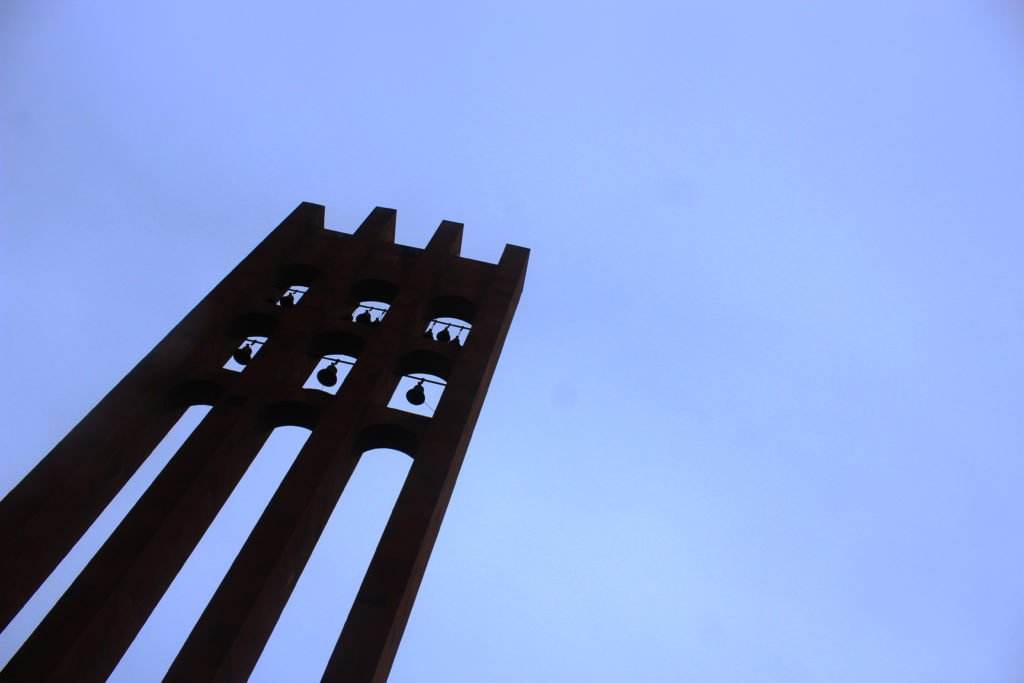
This week, we marked May 28—the 105th anniversary of the establishment of the first Armenian Republic. It was the first Armenian ruled nation in 600 years. Given the devastation of the 1915 Genocide, it is remarkable that this country was even born. For once in our recent history of tragic luck, the alignment of the planets and stars was with us. The Russians were occupied with the Bolshevik revolution some seven months earlier. Turkey was in the last days of what was left of the Ottoman Empire and the end of World War I.
The Armenians faced the Turks for a battle for the future of the nation. Would the Turks deliver the final blow or would the Armenians be able to persevere? It came down to three battles from May 22-29, 1918. The battles were in Bash Abaran, Karakilise and Sardarabad. The ultimate battle, not to diminish the value of the other two, was Sardarabad. It was indeed the battle for survival. Armenian forces and citizens (armed with whatever they had) formed a fierce band and fought hard for the survival of the nation.
In his 1990 book Armenia: Survival of a Nation, historian Christopher Walker noted that if the Armenians lost the Battle of Sardarabad, “it is perfectly possible that the word Armenia would have henceforth denoted only an antique geographical term.”
The First Republic was improbable in both inception and being successful. After the horrors and tragedies of 1915, it was amazing that we even had a Republic. Those intrepid souls who established the Republic were burdened with a destitute land and people. It lasted two years until the Soviets and Armenian Bolsheviks made the Republic part of the Union of Soviet Socialist Republics. There were plusses and minuses to being an SSR. The minuses were the loss of Nakhichevan and Artsakh to Azerbaijan. The major plus was that Armenia survived and thrived until 1991 when the current Republic of Armenia was established with the fall of the Soviet Union.
Without those three battles and the efforts of the brave Armenians who fought them, there would be no Armenia today. It was a pure existential time for the Armenians. We need to acknowledge, honor and celebrate those times, those victories and that first Republic.
We have to also acknowledge that our plight is still existential. This has been brought to the forefront by the 2022 war in Artsakh and the negotiations/threats by Turkey and Azerbaijan since then. It seems a Sardarabad-like victory with the rallying of all citizens armed with guns will not work against the well-armed Azeri/Turkish forces we faced in 2022. We, all Armenians, need to look to the future of the nation, where we are now and what we can do moving forward.
In the Diaspora, we also have to come to terms with our role in this. We are Armenians, but we are not citizens of the Republic of Armenia. We can support, advocate, influence, certainly provide funds, and even be strategists and thought leaders. But our roles are, de facto, secondary no matter how we view ourselves and the resolve with which we state we disagree or are upset by this or that. We have no seat at the negotiation table.
Of course, being a Diasporan Armenian, I think we should. But the world is not structured or wired that way unless we can somehow garner the needed influence. How might that be accomplished? Well, that is the big question. Money and power are the typical answers. Someone close to me reacted to one of my articles by saying, “But, you offered no solutions.” That is absolutely true. I am stymied by the current Armenian predicament. It is a source of great angst and frustration. Yet, I see no one offering any solutions for the guaranteed safety and security of Armenia and Armenians in Artsakh. We have hope. We have righteousness. The only solutions that might work seem to require compromises that are so unacceptable to us, that no one but Pashinyan has uttered one.
We have to reach back and acknowledge the importance of those three victories in May of 1918. We need that unifying spirit inside each and every one of us. We also need a chance to keep our Republic and build it into an economic force that is capable of defending itself. That is my May 28th wish and vision. It is a grand vision and a huge challenge.
Getseh Hayastan yev Hayeruh.


Be the first to comment